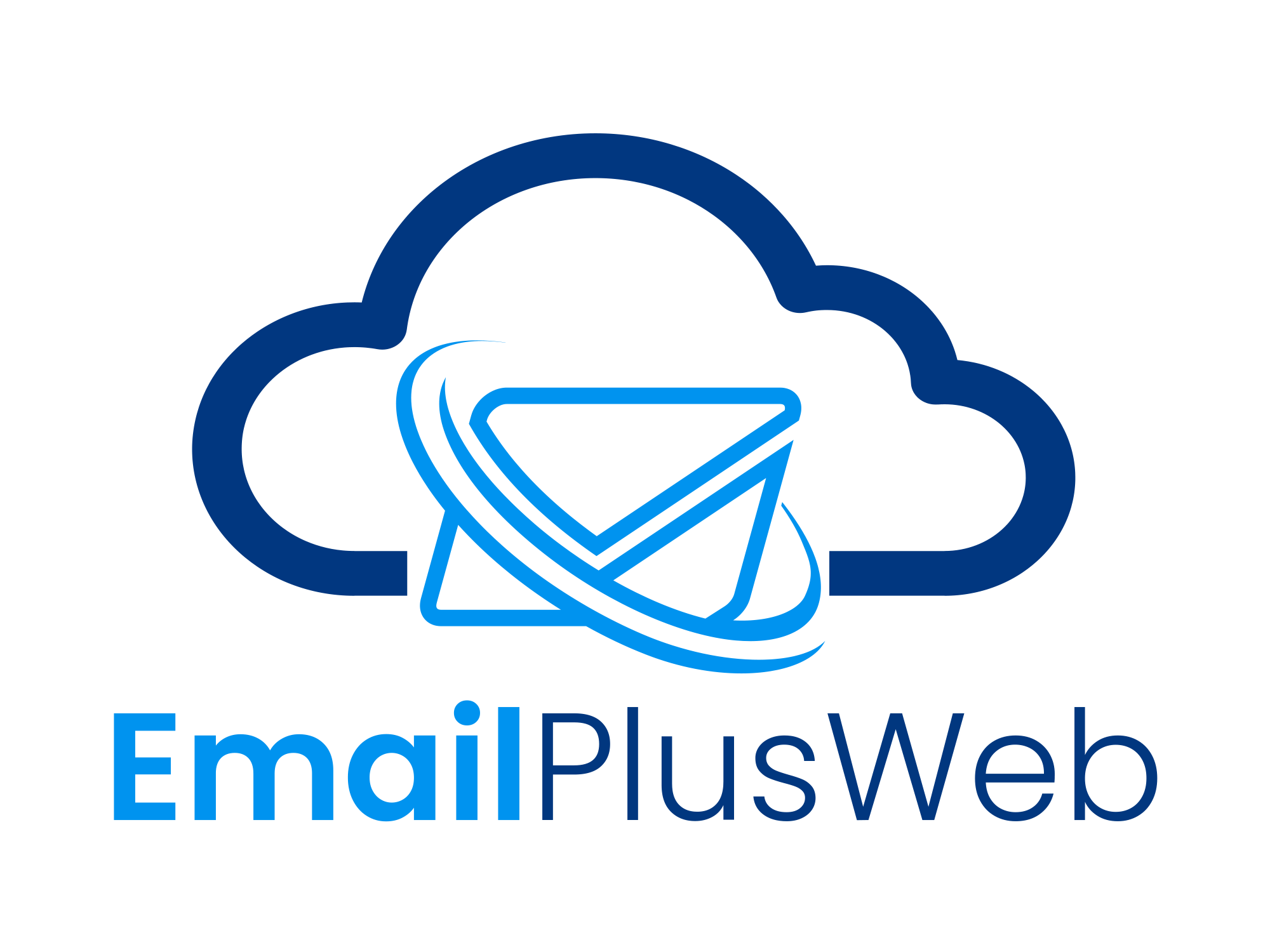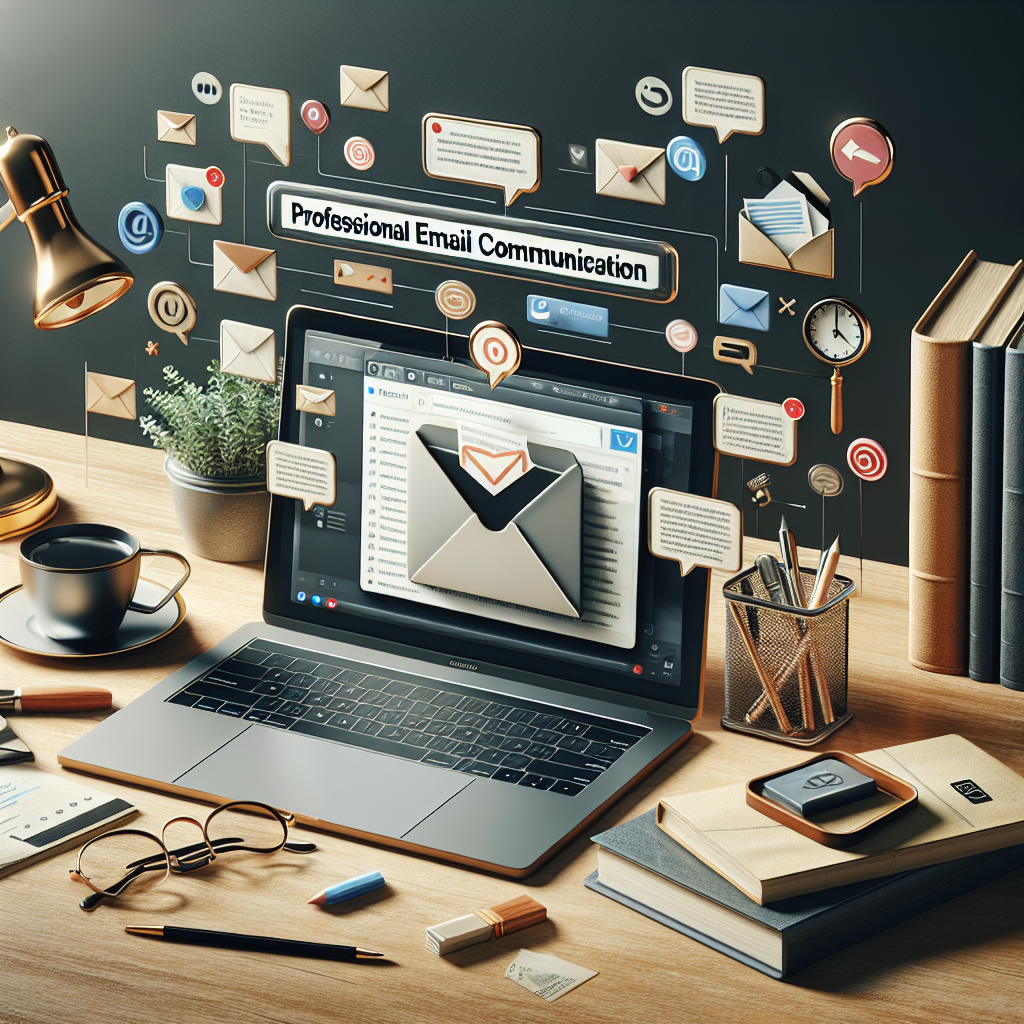Email communication is an essential part of the professional world. Whether you are sending a job application, reaching out to a potential client, or simply corresponding with colleagues, it is important to ensure that your emails are clear, concise, and professional. In this article, we will provide you with tips from experts on how to master the art of professional email communication.
1. Use a Professional Email Address
When sending emails in a professional context, it is important to have an email address that looks professional. Avoid using nicknames or personal email addresses that may not convey professionalism. Instead, use an email address that includes your full name or the name of your business.
2. Choose a Descriptive Subject Line
The subject line of your email is the first thing that recipients will see, so it is important to make it descriptive and relevant. A clear subject line will help the recipient understand the purpose of the email and prioritize their response accordingly.
3. Be Concise and to the Point
When composing your email, be sure to keep it concise and to the point. Avoid unnecessary details or lengthy explanations. Get straight to the point and make your message clear and easy to understand.
4. Use Proper Formatting
Proper formatting can make your emails easier to read and more professional. Use paragraphs to break up your text, use bullet points for lists, and use bold or italics to emphasize important points. Avoid using all caps or excessive punctuation.
5. Proofread Your Email
Before sending your email, be sure to proofread it for spelling and grammar errors. Typos and mistakes can make you appear unprofessional, so take the time to carefully review your email before hitting send.
6. Respond in a Timely Manner
Whether you are receiving an email or sending a response, it is important to respond in a timely manner. Prompt responses show that you are professional and respectful of others’ time.
7. Use a Professional Tone
When communicating via email, it is important to use a professional tone. Be polite and respectful in your language, and avoid using slang or informal language. Remember that your email reflects your professionalism.
8. Use a Signature
Include a professional email signature at the end of your emails. This should include your name, title, company, and contact information. A signature adds a professional touch to your emails and makes it easier for recipients to contact you.
Conclusion
Mastering the art of professional email communication is essential for success in the professional world. By following the tips provided by experts in this article, you can improve your email communication skills and make a positive impression on recipients. Remember to use a professional email address, choose descriptive subject lines, be concise and to the point, use proper formatting, proofread your emails, respond in a timely manner, use a professional tone, and include a signature in your emails.
FAQs
1. How can I make my emails more professional?
To make your emails more professional, be sure to use a professional email address, choose descriptive subject lines, be concise and to the point, use proper formatting, proofread your emails, respond in a timely manner, use a professional tone, and include a signature at the end of your emails.
2. Why is professional email communication important?
Professional email communication is important because it reflects your professionalism and can make a positive impression on recipients. Clear, concise, and professional emails can help you build relationships, convey important information, and achieve your professional goals.



